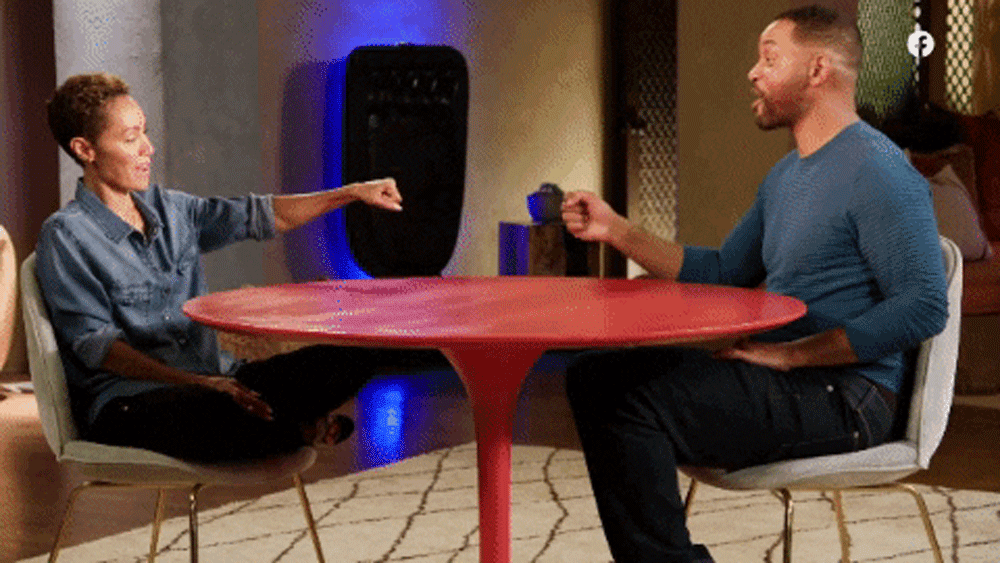Permission or Consent: Looking Through the Lens of the Pinkett-Smiths
By Rebecca Patterson, MSMFT
In the midst of the craziness of the world, relationships continue to unfold both dramatically and joyfully despite the external world taking up increasingly more space in our minds. In early July this proved to be true for famous couples like Jada Pinkett Smith and Will Smith, who recently had someone step forward and share having an intimate relationship with Jada during her relationship with Will. There have been rumors of openness for years, implied rules of how they navigate a more sexually fluid relationship, but at the end of the day like any other partnership it is none of our business how this celebrity couple has chosen to partner.
I am not an expert on what goes on in their relationship nor this supposed controversy, but while scrolling through my Facebook feed a few weeks back I came across Jada’s Red Table Talk show and was pulled to check it out. I’ve learned a lot from the handful of episodes I’ve watched where she gathers voices around her living room table - predominantly Black female voices - and broaches big topics like motherhood, privilege, and love. In this most recent episode she is joined by Will and faces the topic of her marriage head on.
No labels were given in this recent talk, but instead they chose to open up about a time when they took intentional but uncertain space from one another. Jada shares having a relationship with this person and talks about the layered reasons she chose to engage with them while on pause with her long-term partner. This moment feels important because when those who are familiar in pop culture are transparent about their relationships, it normalizes the nontraditional nature of many modern love stories.
What stood out the most to me, and why I write about this topic now, were Jada’s statements about permission, most importantly that it was not Will’s permission she needed to engage in this relationship but her own. I valued that Jada stood strong in her belief that she was responsible for navigating what feels right for her both within and outside the marriage. It made me reflect on the difference between consent and permission. Consent is the presence of an enthusiastic YES and anything else is a NO. While Jada is not beholden to her husband's approval, they both consent to the parameters of their marriage and what the rules are if that marriage is put on hold.
In these times, it feels like everyone is finding that they love in their own way. Moments like this, where the inherent rollercoaster of commitment is migrated by cultural role models, give me hope that the world is opening up to the normative existence of nontraditional relationships.

